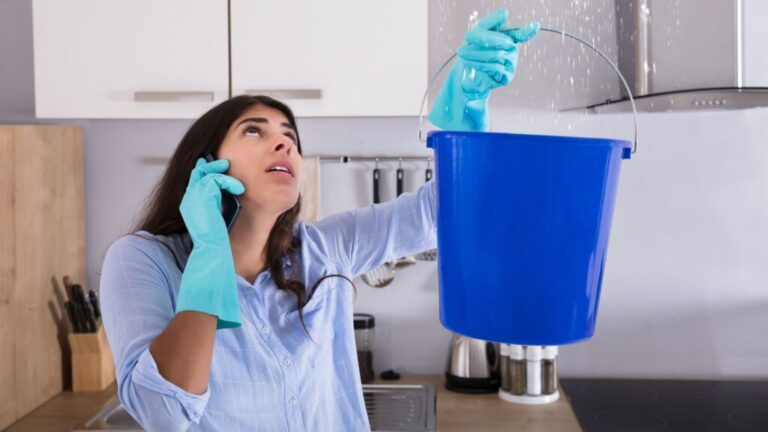Water damage can strike suddenly and cause severe damage to your home. Whether it’s from a burst pipe, leaky roof, flooding, or an appliance malfunction, water damage requires in chandler immediate attention. The sooner the action, the more property will be saved, and structural damage avoided; moreover, expensive repairs can be prevented. This blog will walk you through easy steps to restore your own home after water damage strikes.
Ensure Safety First
Your safety is paramount. Before entering the contaminated area, take the time to evaluate the situation:
- Turn off power: Water and power are a dangerous mix. Switch off the power to the affected area to avoid electrocution.
- Search for hazards: Sharp objects, falling ceilings, or infected water would all be potential dangers.
- Wear protecting gear: Use gloves, boots, and masks to defend yourself from micro organism, mildew, and debris.
Extract Standing Water
Standing water can cause further damage and provide the right environment for mold accumulation. Here’s how to eliminate it:
- Use wet/dry vacuum: These are very effective at removing water from the floors, carpets, and other surfaces.
- Employ buckets and towels: If the areas are small, then buckets and towels may be used to absorb and collect water.
- Drain correctly: Water should be drained near a drain or taken outside; though, too much water should not be drained into a single best drain cleaner in chandler as that may cause clogging.

Dry the Area Thoroughly
Drying your home is vital to prevent mold and further damage. Here are some guidelines:
- Increase airflow: Open house windows and doorways to allow fresh air circulate. Use fanatics to speed up the drying manner.
- Dehumidify: A dehumidifier can help cut down moisture degrees inside the air and dry out walls and fittings.
- Remove damp items: Take wet rugs, furniture, and belongings outside to dry.
- Check hidden areas, such as under carpets, behind partitions, and internal shelves, for moisture that may be lingering.
Clean and Disinfect
When everything is dry, clean and disinfect the area to get rid of bacteria and unpleasant odors.
- Use cleaning solutions: Mix water with bleach or a commercial disinfectant in order to kill the germs.
- Scrub surfaces: Clean walls, floors, and furniture very well to remove the residue that’s left.
- Wash fabric: Wash any clothes, curtains, or upholstery that were exposed to water.
Check the Damage
Now it’s time to check how much damage the water caused:
- Check walls and floors: Check for warping, discoloration, or soft spots.
- Check furniture and belongings: Decide which items should be thrown away and what can be salvaged.
- Document the damage: Take photos and notes of your coverage claim.
Repair and Restore
Once the area is clean and dry, you could start maintenance:
- Replace damaged materials: Take out and replace water-soaked drywall, insulation, or flooring.
- Restore furniture and property: Clean and restore salvageable items, and safely discard anything beyond restoration.
- Repaint and refinish: New paint or a completely new finish can bring back your house’s appearance.
Avoid Future Water Damage
Lastly, take action that will keep your house safe from future water damage:
- Look into your home regularly: Search for leaks, crevices, and weak points of your roof, pipes, and foundation.
- Maintain your home machinery: Keep a watch on water heaters, washing machines, and dishwashers for signs of wear and tear.
- Install precautionary measures: Use water alarms, sump pumps, and proper drainage structures to handle potential problems.
When to Call Professionals
Some water damage situations require professional help. Call a restoration company if:
- The damage involves a vast area or contaminated water.
- Mold has begun to grow, or structural damage is already present.
- You need assistance with insurance claims and restoration work.
- Expert knowledge and equipment can handle severe water damage correctly and efficiently.
Conclusion
Water damage can be overwhelming, but with the right steps, one can fix one’s property and avoid long-term troubles. Act fast, live safe, and don’t think once before seeking expert help when required. By following these tips, you shall be better prepared to cope with water damage and protect your home in the years to come.



